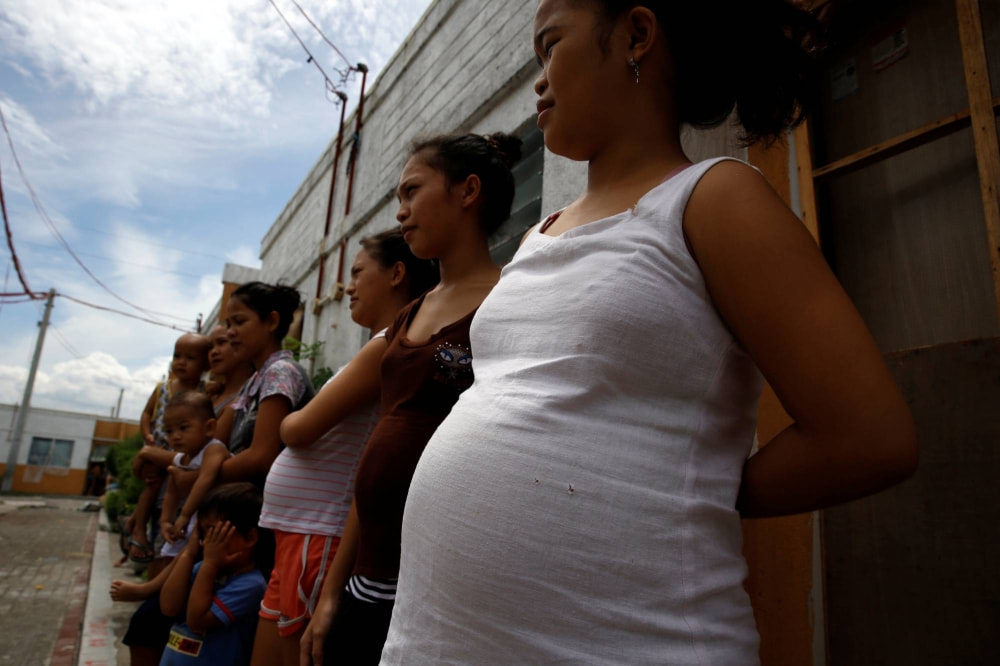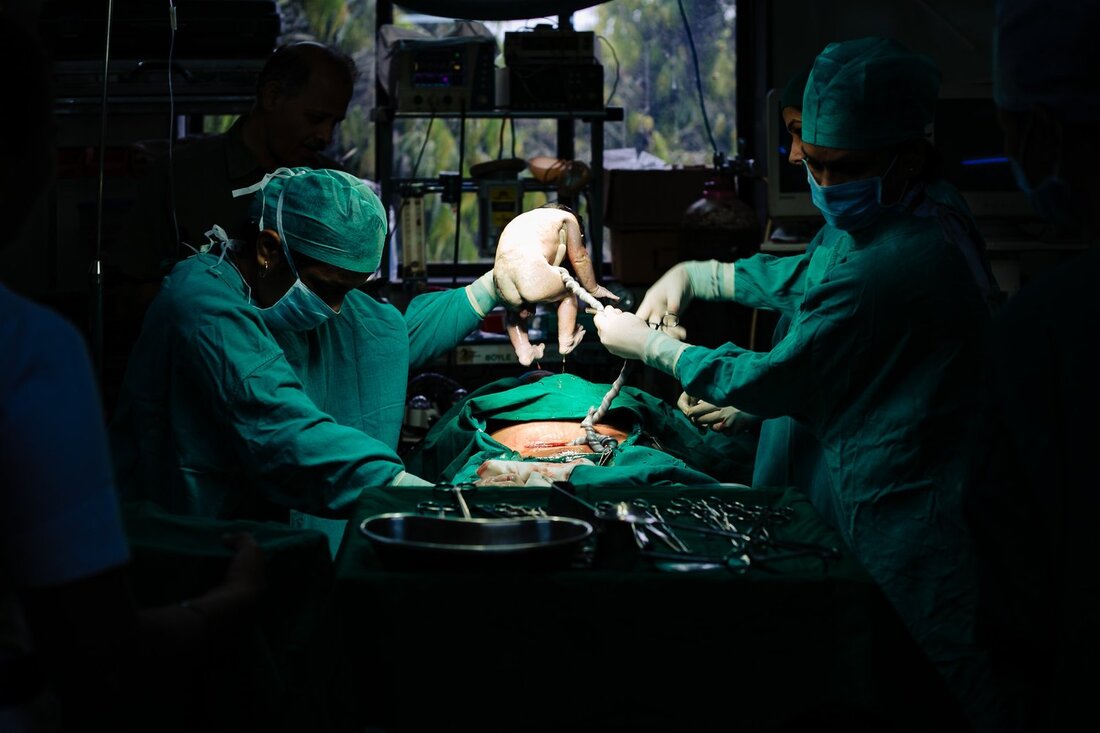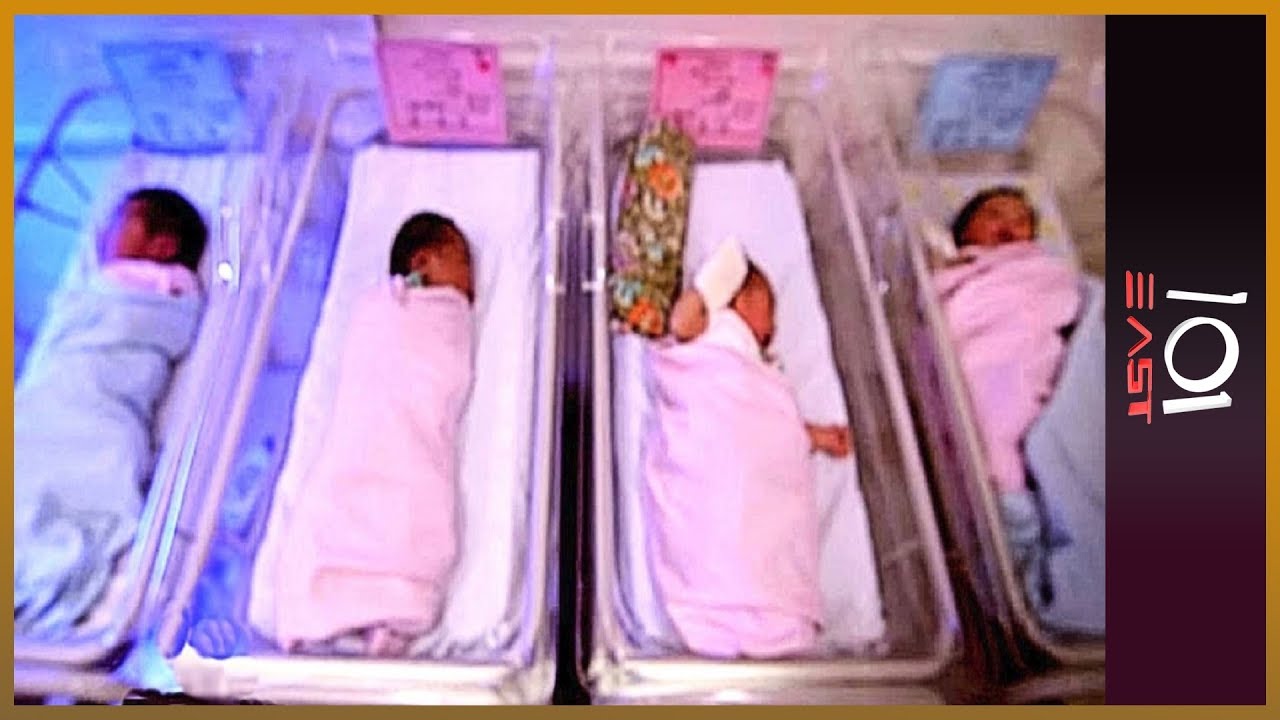22.11.2024
Inside The Philippines’ Underground Surrogacy Industry
Driven by poverty, Filipino women are offering themselves as surrogates to agencies or prospective parents. The underground surrogacy industry is thriving although surrogacy is taboo in this highly religious nation. Meanwhile, reproductive health clinics are discreetly providing surrogacy services at great risk to their own business. There are no laws that specifically govern the practice in the country, but a woman who gives birth to a child is recognised as its legal mother. In Philippines, demand for surrogates is booming, fuelling a lucrative and secretive market. To have commissioning parents officially listed as a child’s parents, some clinics are illegally falsifying birth records. This lack of clear legal structure has allowed underground surrogacy clinics to thrive, many of which exploit vulnerable women driven by poverty. And the truth is, surrogacy treats children and women as commodities to be bought and sold, rather than as human beings with intrinsic value. In Philippines, the exploitation of women in financial need became such a problem (86% of surrogate mothers said poverty was a decisive factor in becoming surrogates). Surrogate mothers are five times more likely to deliver at an earlier gestational age and are also significantly more likely to experience postpartum depression following the delivery of surrogate children than after delivering their non-surrogate children. Surrogacy treats the child as a product to be purchased rather than a person who has the right to be conceived in love and know their parents and country of origin. It intentionally separates a child from one or both biological parents. The child is valued not for her intrinsic dignity but for whether she fulfills the adult parents’ wants.
Credit: ALJAZEERA
Credit: ALJAZEERA
Poverty deprives people of adequate education, health care and of life's most basic necessities- safe living conditions (including clean air and clean drinking water) and an adequate food supply. The developed (industrialized) countries today account for roughly 20 percent of the world's population but control about 80 percent of the world's wealth.
Poverty and pollution seem to operate in a vicious cycle that, so far, has been hard to break. Even in the developed nations, the gap between the rich and the poor is evident in their respective social and environmental conditions.
Poverty and pollution seem to operate in a vicious cycle that, so far, has been hard to break. Even in the developed nations, the gap between the rich and the poor is evident in their respective social and environmental conditions.















